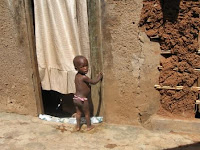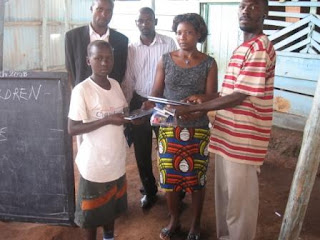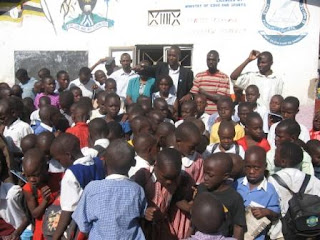Child Poverty

Poverty is fundamental cause of violation of human rights, stretching far beyong material deprivation. UNICEF's state of the world children 2005 report proposes the following work definition of child poverty: Children living in poverty exprience deprevation of the material, spiritual and emortional resources needed to survive, develop and thrive, leaving them unable to enjoy their rights, achieve their full potential or participate as full or equally members of the society. Poverty is a attribute of the environment in which children live, a situation where the families and communities are unable to nurture and protect children and where children are unable to develop their full potential. These deprivations cause suffering in the short term and hinder development in long term. Lack of adquate nutrition or access to safe water and sanitation makes children vulnerable to sickness and diarrhoea, reducing their resistance to disease. At Joy for children-Uganda strives to ensure that c...

